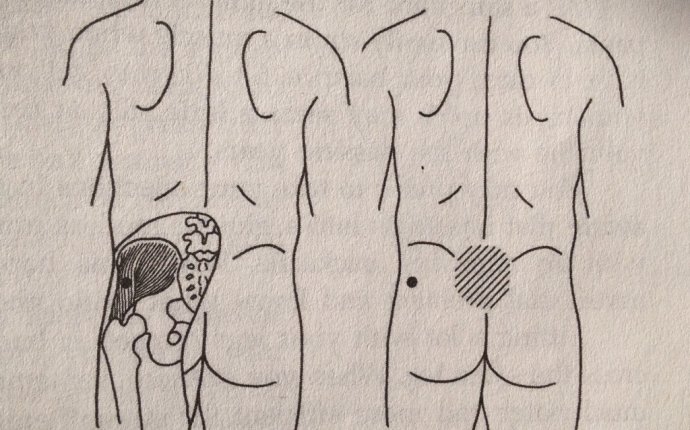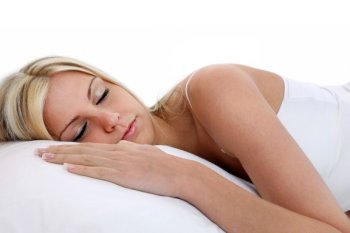
Back pain Relief Positions

Sleeping positions for various back conditions
Before trying to find the best sleeping position for your back pain, it is a good idea to consult with your doctor to uncover the underlying cause of your symptoms. This will allow you to form a comprehensive treatment plan, and will also help in the process of finding the best sleeping position.
Once you have confirmed the underlying cause of your symptoms, the following list may help you match your back condition with a pain-reliving sleeping position:
- Lumbar herniated disc. Your preferred sleeping position may depend on the location of your herniated disc. If you have a paracentral herniation, you may benefit from sleeping on your stomach. If you have a forminal herniation, sleeping on your side in a curled-up position may be the way to go.
- Spinal stenosis. You may benefit from sleeping on your side in a curled-up position, as this can take pressure off your nerve root. You may also find relief by sleeping on your back with your legs elevated.
- Degenerative disc disease. You will likely find relief from your symptoms by sleeping on your stomach. Also, placing a slim pillow between your mattress and your stomach/hips can be beneficial.
The above list only includes general guidelines. Ultimately, finding the best sleeping position for your back condition will come down to a process of trial and error. One simple way to help you in this process is to keep a journal next to your bed to record how you feel when you wake up each morning.
Article continues below
The importance of good sleep hygiene
In addition to finding the appropriate sleeping position, practicing good sleep hygiene also plays an important role in helping people with back pain both fall asleep and stay asleep. For example, the perfect sleeping position won't be enough to help you fall asleep if you drink a cup of coffee right before bed.
Additionally, while it may sound too simple, good sleep hygiene practices like maintaining a consistent bedtime, avoiding the use of electronics before bed, and giving up day-time naps can all help with your sleep-related problems.
It is important to note that back pain and sleep-related problems need to be treated together. So if your back pain is keeping you awake at night, make sure to tell your doctor so you can work together to formulate a treatment plan that tackles both problems.









